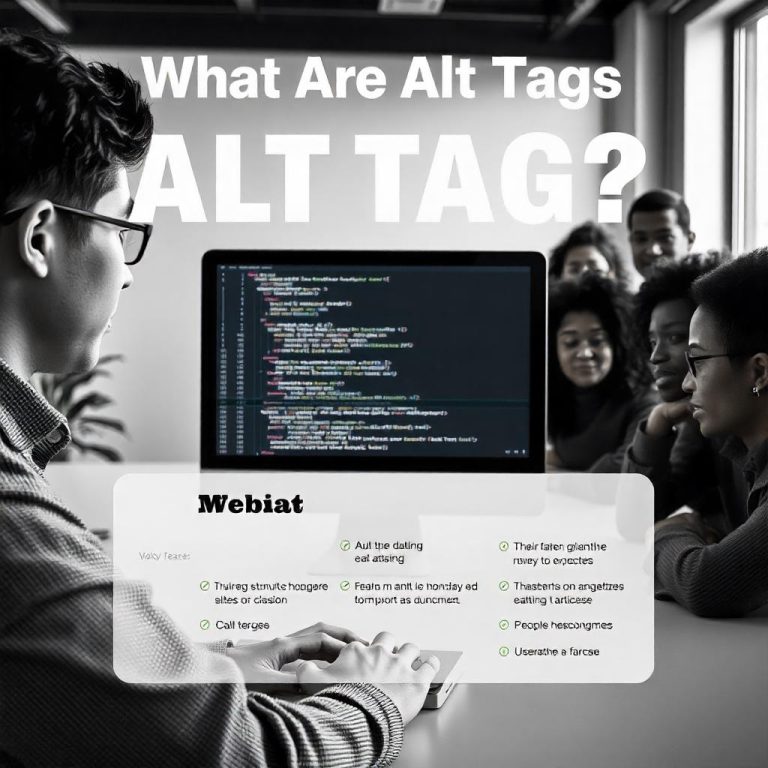Importance Of Blogging For SEO
Blogging is a powerful tool for improving search engine optimization (SEO) and enhancing your website’s visibility on search engines like Google. When done right, blogging can contribute significantly to your website’s SEO efforts by driving organic traffic, increasing engagement, and boosting your website’s credibility. Here’s why blogging is important for SEO and how it impacts your rankings.
Unlock Your Writing Potential and Start Earning Today with our read online E-book
1. Increases Website Traffic
Blogging regularly helps to attract more visitors to your website. By creating high-quality, keyword-rich blog content, you can target various search queries that your audience is actively searching for. Each blog post is another opportunity for your website to appear in search engine results pages (SERPs), thereby increasing the chances of attracting more organic traffic. With well-optimized content, your website can rank for long-tail keywords, which are often less competitive but highly specific, leading to more targeted visitors.
2. Improves Keyword Targeting
Effective blogging allows you to target a broad range of keywords related to your business or niche. By including relevant keywords in your blog posts, you can enhance your website’s relevance for these terms. This, in turn, signals to search engines that your site is valuable and relevant to specific search queries. Blogging enables you to incorporate both short-tail and long-tail keywords, addressing a variety of user intents—from informational to transactional—thus expanding your reach on search engines.
3. Boosts Your Site’s Authority
Search engines reward websites that demonstrate authority and expertise in their field. By consistently publishing informative and helpful blog posts, you can establish your brand as an authoritative source of information. Google, in particular, values content that is comprehensive, well-researched, and valuable to users. Blogging enables you to share in-depth knowledge on specific topics, build trust with your audience, and ultimately improve your domain authority (DA), which is a critical factor for SEO rankings.
4. Enhances Internal Linking Structure
Blogging provides an excellent opportunity to create internal links between your posts and other relevant pages on your website. Internal linking is an important SEO practice because it helps search engines crawl your site more effectively and understand the relationship between different pages. It also encourages visitors to explore more content, which can increase time on site and reduce bounce rates—both of which are positive signals for SEO.
5. Fresh Content for Search Engines
Search engines like Google value fresh content because it ensures that search results stay relevant and up-to-date. By regularly publishing blog posts, you signal to search engines that your website is active and continuously providing new information. The more frequently you update your blog with relevant, well-optimized content, the more likely it is that your website will be crawled and indexed by search engines. This increases your chances of ranking for newer, emerging search queries.
6. Improves User Engagement
Blogging not only attracts more visitors but also helps keep them engaged. By offering valuable and engaging content, you encourage users to spend more time on your website, which can positively impact your SEO performance. Longer time spent on site and increased engagement (such as comments, shares, and clicks to other pages) are factors that search engines consider when ranking pages. Engaged users are also more likely to share your content on social media or link to it from their own websites, which further enhances your SEO.
Top Free Digital Marketing Online Courses to Boost Your Skills (Get List And Websites
7. Earns Backlinks
Backlinks—links from other websites to yours—are one of the most important ranking factors for SEO. High-quality blog posts that provide valuable information are more likely to be shared and linked to by other websites, influencers, or content creators. This not only helps to increase your website’s visibility but also strengthens its authority in the eyes of search engines. By regularly producing content that others find useful and relevant, you create more opportunities to earn backlinks, improving your SEO and overall search rankings.
8. Supports Social Media Marketing
Blog content can also be repurposed for social media marketing. When you share your blog posts on social media platforms, it can drive traffic to your website and indirectly improve SEO. Social signals (like shares, comments, and likes) are not direct ranking factors for Google, but they can lead to greater exposure and the potential for acquiring backlinks. By using your blog posts as a base for your social media campaigns, you can create a cycle of engagement that benefits both your SEO and social media presence.
9. Helps With Local SEO
Blogging can be an effective tool for improving your local SEO efforts. By writing blog posts that target local keywords or provide information relevant to your community, you can increase your chances of appearing in local search results. For example, if you are a restaurant in New York City, writing blog posts about local events, food trends, or neighborhood activities can help you rank for geo-targeted searches. Additionally, including location-specific keywords in your posts helps search engines understand where your business is located, boosting your visibility in local searches.
10. Encourages Repeat Visitors
High-quality, engaging blog content encourages visitors to return to your website. When users find your blog posts useful, they’re more likely to subscribe to your newsletter, follow you on social media, or bookmark your site for future reference. This increases repeat traffic, which is a positive SEO signal. Moreover, it builds a loyal audience base that engages with your content over time, leading to higher rankings and increased domain authority.
Blogging plays a crucial role in SEO by enhancing keyword targeting, driving organic traffic, and helping your website rank higher on search engine results pages. It provides fresh content, supports internal linking, and builds domain authority. Through regular blogging, you can improve user engagement, earn valuable backlinks, and support both your SEO and social media efforts.







